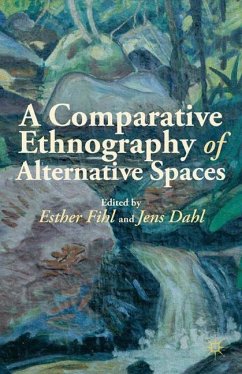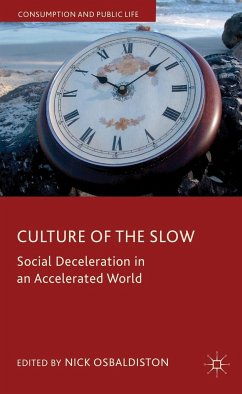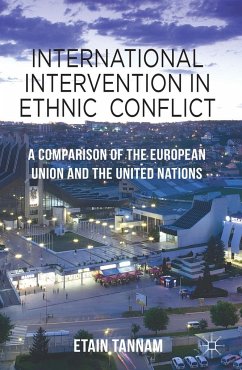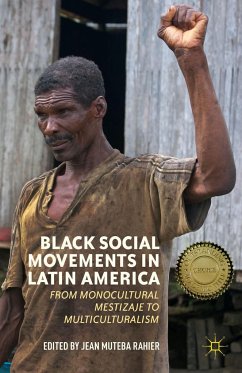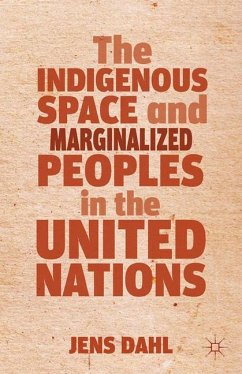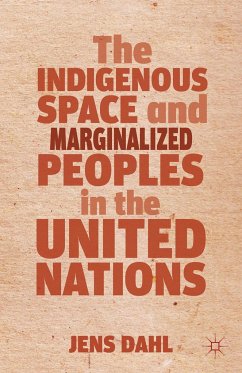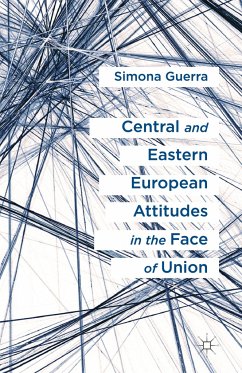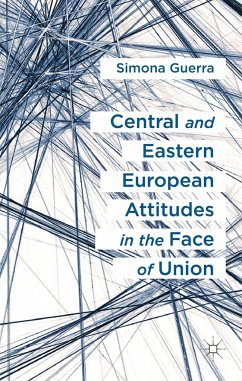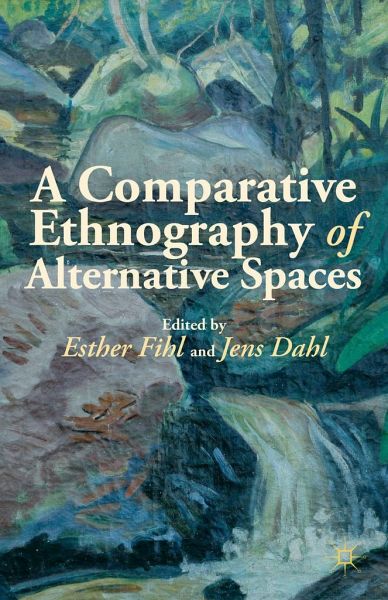
Esther Fihl
Gebundenes Buch
A Comparative Ethnography of Alternative Spaces
Versandkostenfrei!
Versandfertig in 6-10 Tagen
Weitere Ausgaben:

PAYBACK Punkte
19 °P sammeln!





Through ethnographical cases, this book examines the ways in which social groups position themselves between cultures, states, moralities, and local/state authorities, creating opportunities for agency. Alternative spaces designate in-between spaces rather than oppositional structures and are both inside and outside their constituent elements.
ANDREAS BANDAK University of Copenhagen, Denmark LARS FUNCH HANSEN Malmö University, Sweden LARS HØJER University of Copenhagen, Denmark BRIAN ARLY JACOBSEN University of Copenhagen, Denmark HELEN KRAG University of Copenhagen, Denmark DORTHE HØVIDS POSSING University of Copenhagen, Denmark STINE PURI University of Copenhagen, Denmark BIRGITTE SCHEPELERN Johansen University of Copenhagen, Denmark LARS OVE TRANS University of Copenhagen, Denmark MARGIT WARBURG University of Copenhagen, Denmark
Produktdetails
- Verlag: Springer Palgrave Macmillan
- 2013 edition
- Seitenzahl: 252
- Erscheinungstermin: 7. Januar 2013
- Englisch
- Abmessung: 218mm x 145mm x 23mm
- Gewicht: 456g
- ISBN-13: 9781137299536
- ISBN-10: 1137299533
- Artikelnr.: 36197372
Herstellerkennzeichnung
Libri GmbH
Europaallee 1
36244 Bad Hersfeld
gpsr@libri.de
"In this exciting volume Esther Fihl and Jens Dahl have brought together a group of collaborators to grapple with questions of identity, place, and power in the contemporary world. In developing the concept of alternative spaces the authors help us conceptualize how people around the world are shaping their lives in relation to but without being dictated by nation-states, enduring cultural and religious forms, and new technologies. Ranging from indigenous rights activists in the United Nations to caste councils in South India, from the political struggles of Mexican migrants in the United States to the position of Christians in Syria, and from racecourse gambling in India to the Danish seamen's church in Singapore, each contributor offers a wide-ranging and unique perspective on how groups of people are shaping more or less stable alternative spaces in the wake of globalization. Most importantly, A Comparative Ethnography of Alternative Spaces rescales ethnographic comparison itself and thus offer a new window into how social life is organized." - Johan Lindquist, Associate Professor, Social Anthropology, Stockholm University
Für dieses Produkt wurde noch keine Bewertung abgegeben. Wir würden uns sehr freuen, wenn du die erste Bewertung schreibst!
Eine Bewertung schreiben
Eine Bewertung schreiben
Andere Kunden interessierten sich für


